Real Estate Asset Tokenization
Real estate tokenization where investment is democratized, and liquidity is enhanced.
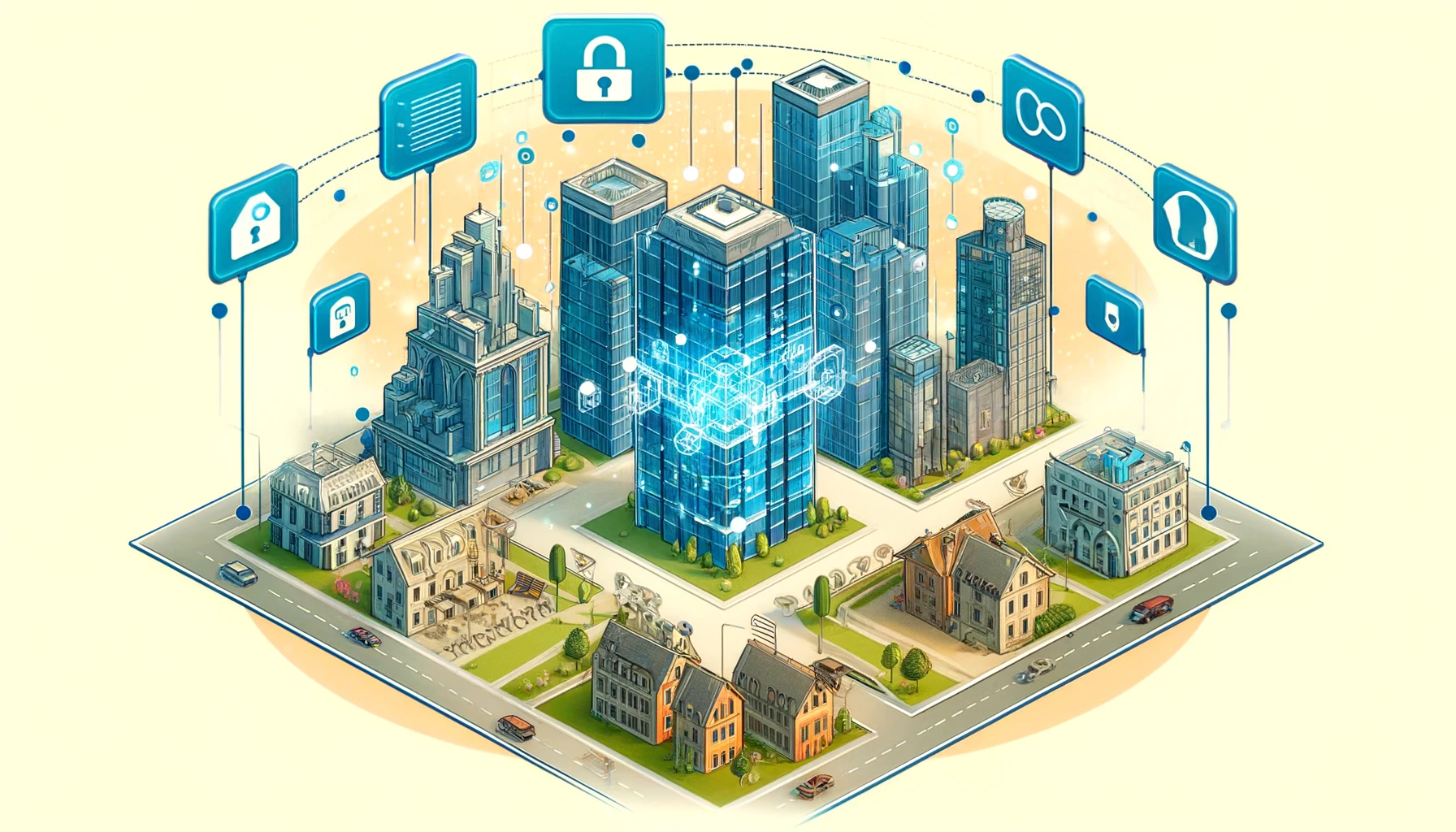
Fractional Ownership
Fractional ownership in the context of blockchain-based real estate asset tokenization refers to dividing property into shares or tokens that represent ownership stakes. This method allows multiple investors to own a portion of the property, making real estate investment more accessible to a broader audience. Unlike traditional real estate investments that require significant capital upfront, fractional ownership enables investors to purchase smaller, more affordable shares of property. This democratizes access to real estate investments, opening up opportunities for smaller investors to participate in the real estate market.

Increased Liquidity
Tokenization enhances liquidity in the real estate market by making it easier to buy and sell shares of property. Real estate is traditionally considered an illiquid asset due to the long time frames and complex processes involved in transactions. However, by representing real estate assets as digital tokens on a blockchain, these tokens can be traded much like stocks in a company, significantly reducing the time and complexity of transactions. This increased liquidity makes real estate investment more attractive, as investors can more easily enter and exit positions.
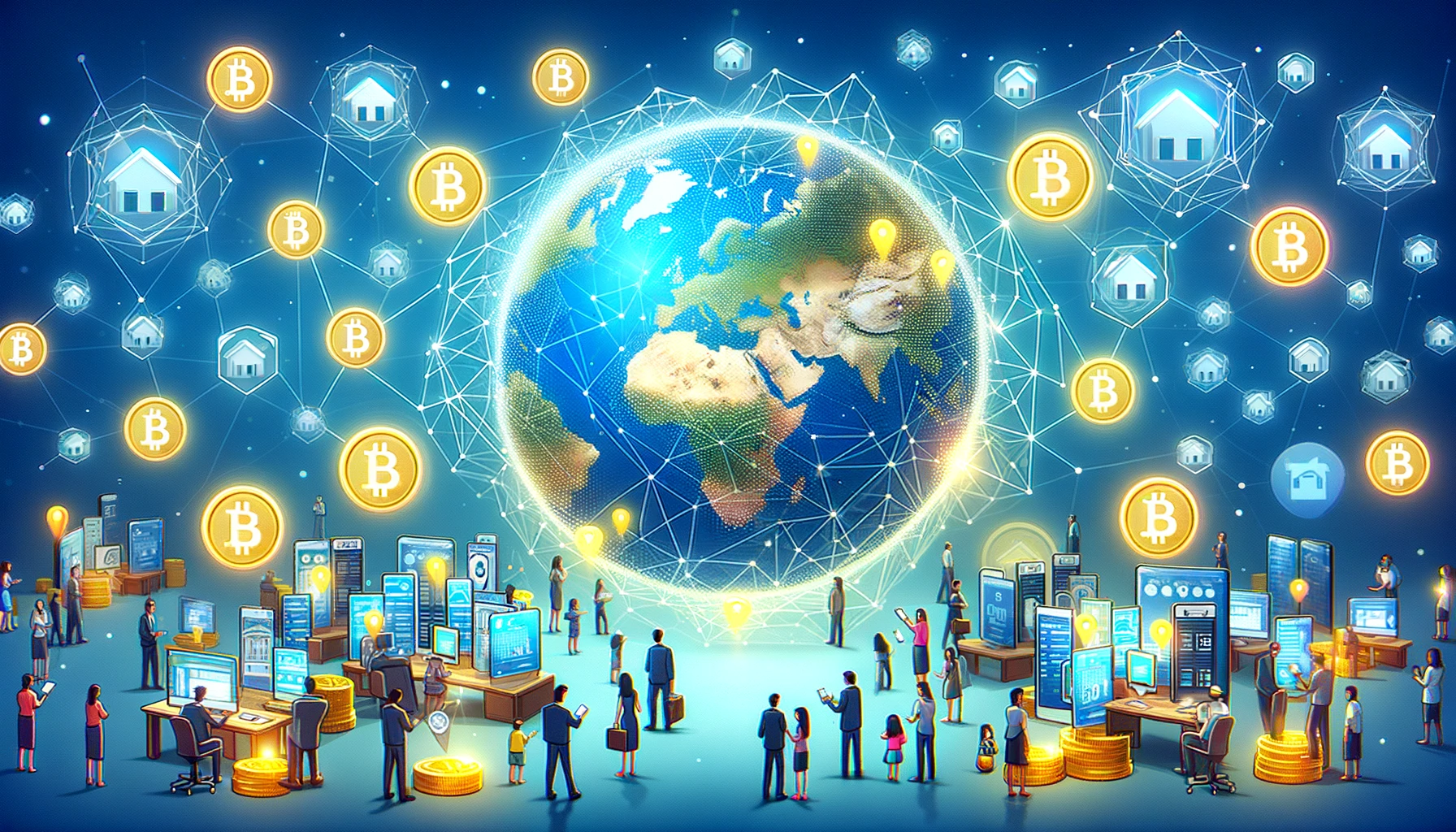
Global Access
Blockchain technology breaks down geographical barriers, offering global access to real estate investments. Traditionally, investing in international real estate markets has been challenging due to regulatory issues, currency exchange, and the need for a physical presence. With real estate tokenization, investors around the world can purchase tokens representing ownership in properties located anywhere, without the traditional hurdles. This opens up a wealth of opportunities for both investors and property owners, broadening the investor base and potentially increasing property values.
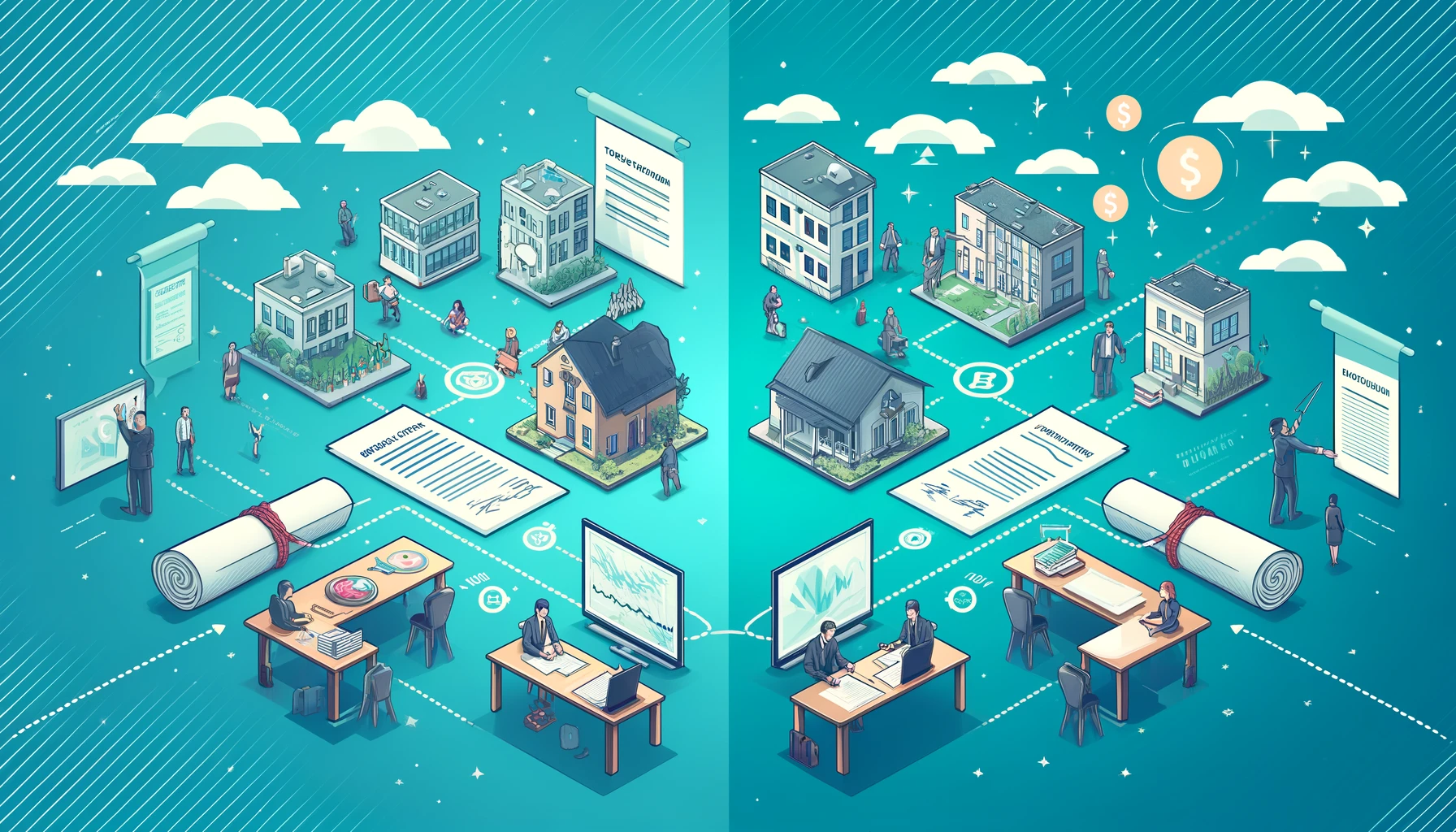
Reduced Transaction Costs
Tokenization on the blockchain streamlines real estate transactions, significantly reducing associated costs. Traditional real estate transactions involve multiple intermediaries, including brokers, lawyers, and banks, each adding layers of fees and commissions. Blockchain technology enables smart contracts, which are self-executing contracts with the terms directly written into code. This automation reduces the need for intermediaries, lowering transaction costs and making investments more profitable.
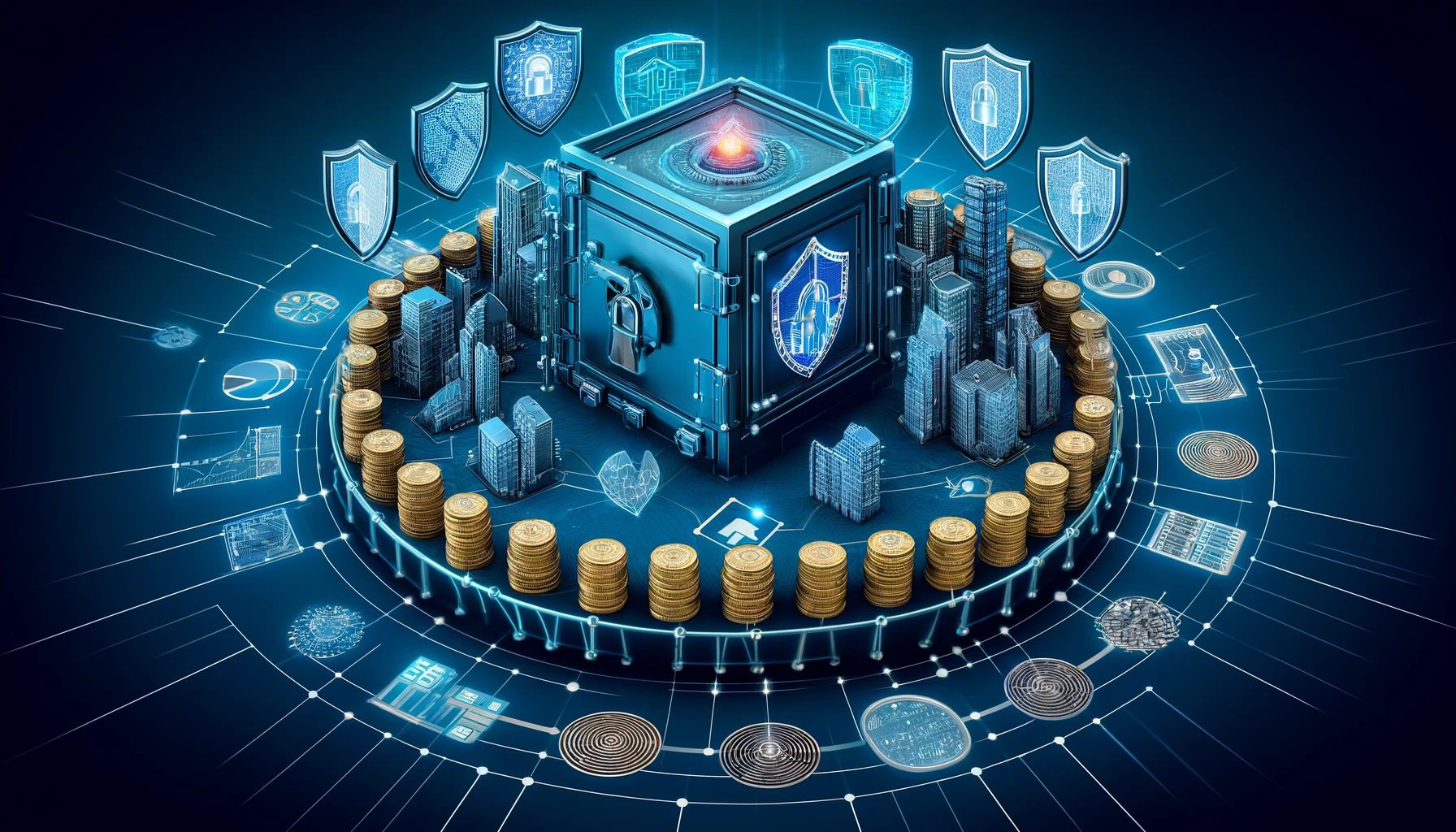
Enhanced Security & Fraud Reduction
Blockchain's decentralized nature and cryptographic security measures offer enhanced protection against fraud and unauthorized transactions in real estate. Each transaction on the blockchain is encrypted and recorded across multiple computers, making it nearly impossible to alter the transaction history. This transparency and immutability reduce the risk of fraud, such as double selling or title forging, providing a more secure environment for property investment.

Increased Efficiency
Real estate asset tokenization on the blockchain significantly increases the efficiency of transactions and asset management. Through smart contracts, many aspects of real estate transactions, including verification of ownership, transfer of titles, and escrow services, can be automated. This reduces the need for manual intervention, streamlining the process and reducing the time from listing to sale. Furthermore, blockchain platforms can provide real-time data on asset performance, enabling better decision-making and management of real estate investments.
Ready to discuss your next Real Estate Tokenization project with us?
Get a free quoteBlockchain transforms real estate
Widens real estate investment opportunities and improves transaction fluidity
-
Property Selection & Valuation
-
Legal & Regulatory Compliance
-
Tokenization Process
-
Secondary Market Trading
-
Income Distribution
This initial step is crucial as it sets the foundation for the investment's future performance. Investors and stakeholders identify properties that not only align with their investment criteria but also have potential for appreciation and income generation. This involves a thorough market analysis, considering factors such as location, property condition, market trends, and potential rental income. Valuation is a critical component, using various methodologies (like comparable market analysis, income capitalization approach, or replacement cost) to ascertain the property's fair market value. This ensures that the investment is grounded on solid financial understanding before proceeding
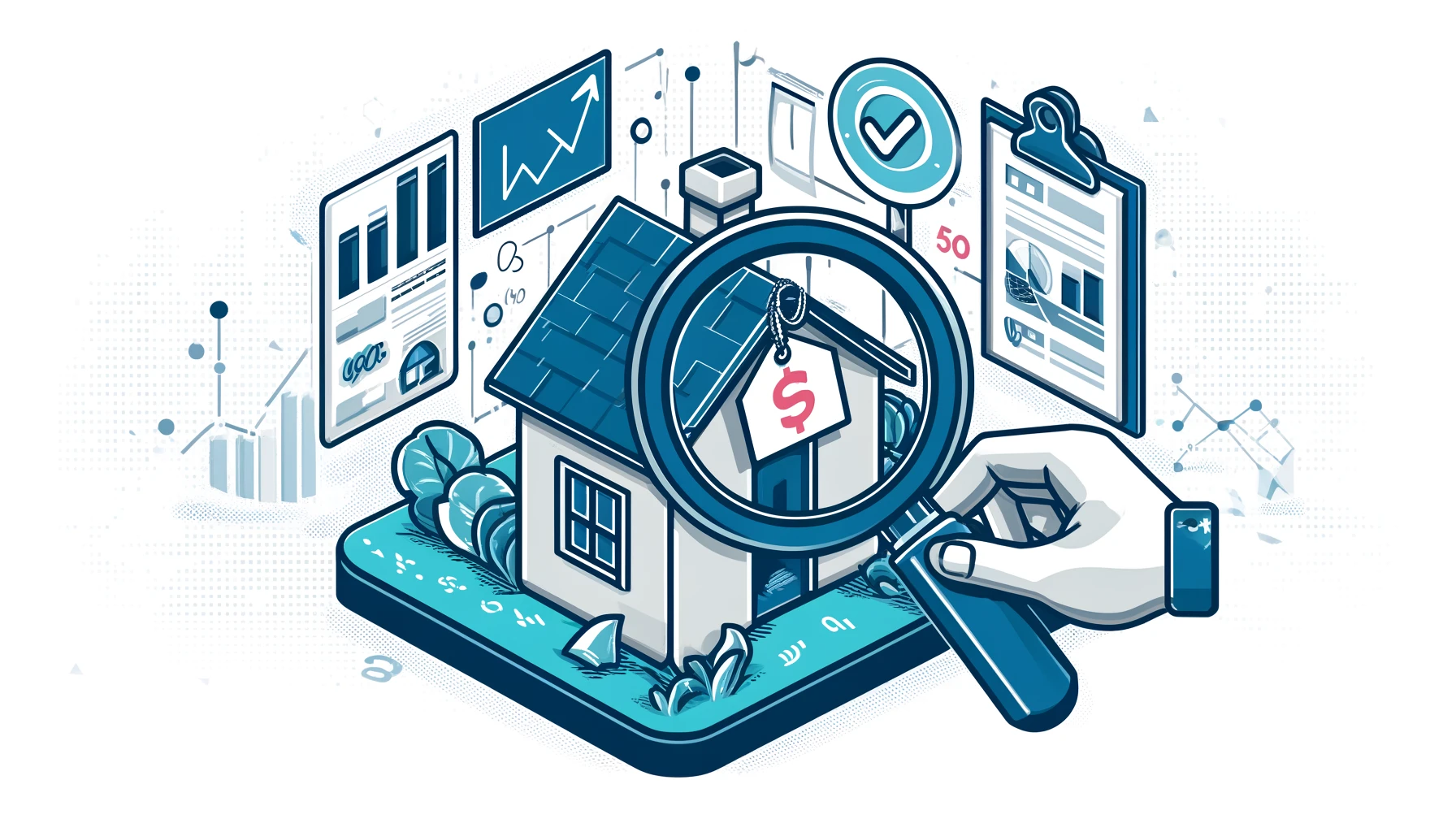
Before any property can be tokenized, it must undergo a rigorous legal and regulatory review to ensure compliance with all relevant laws, including zoning, environmental regulations, and securities laws, especially considering the novel nature of blockchain in real estate. This step involves legal due diligence to verify clear title, absence of liens, and compliance with local and international laws. Regulatory compliance also ensures that the tokenization process adheres to financial regulations and anti-money laundering (AML) standards, safeguarding investors and the integrity of the real estate tokenization platform.
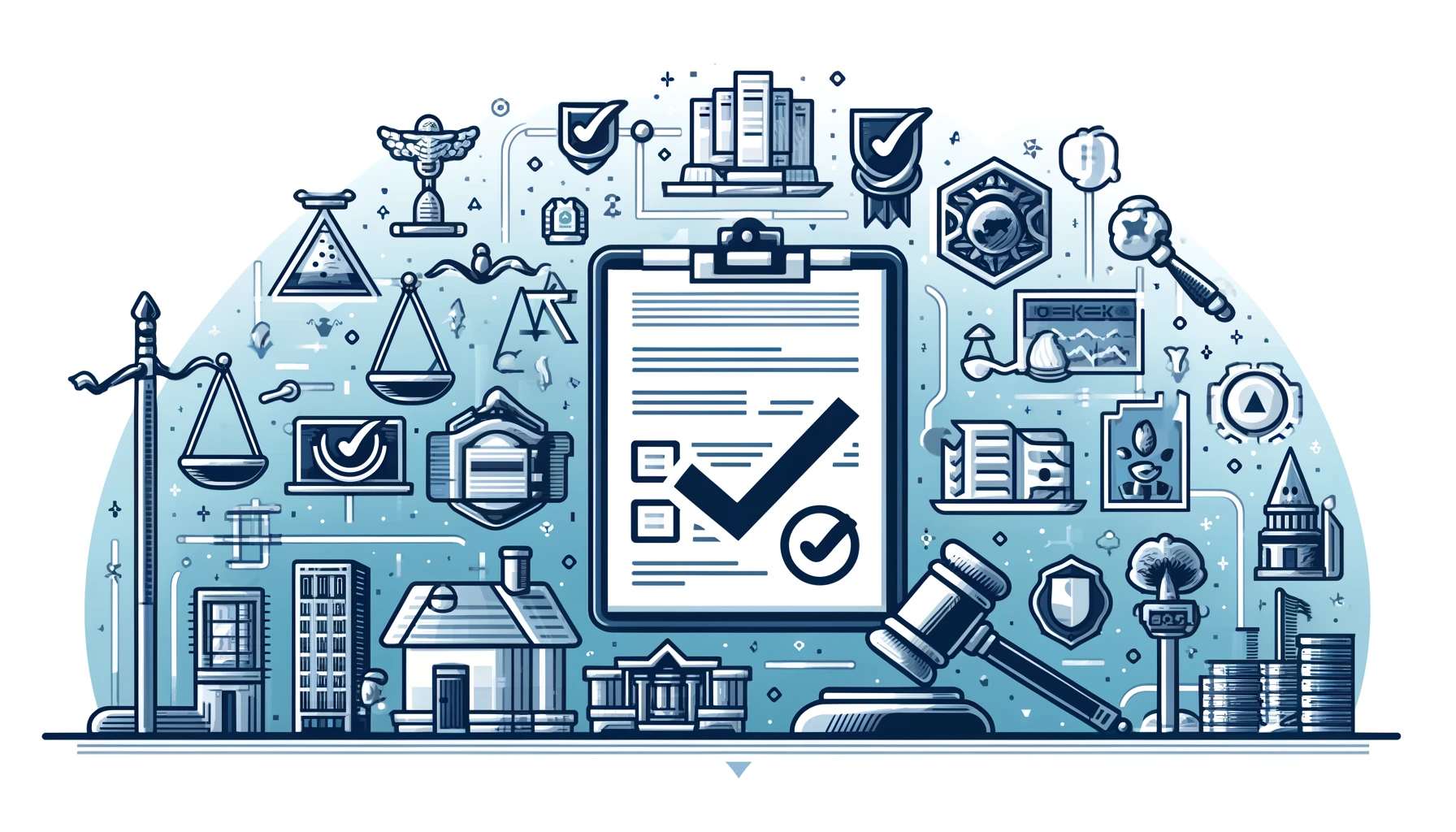
Tokenization is the conversion of real estate assets into digital tokens on the blockchain. These tokens represent shares or ownership interests in the property, allowing for fractional ownership and lowering the entry barrier for investors. The process involves creating a digital representation of the property on the blockchain, where each token holds a proportional value of the real estate asset. This facilitates liquidity, transparency, and efficiency, as these tokens can be easily traded, and ownership is securely recorded on the blockchain.
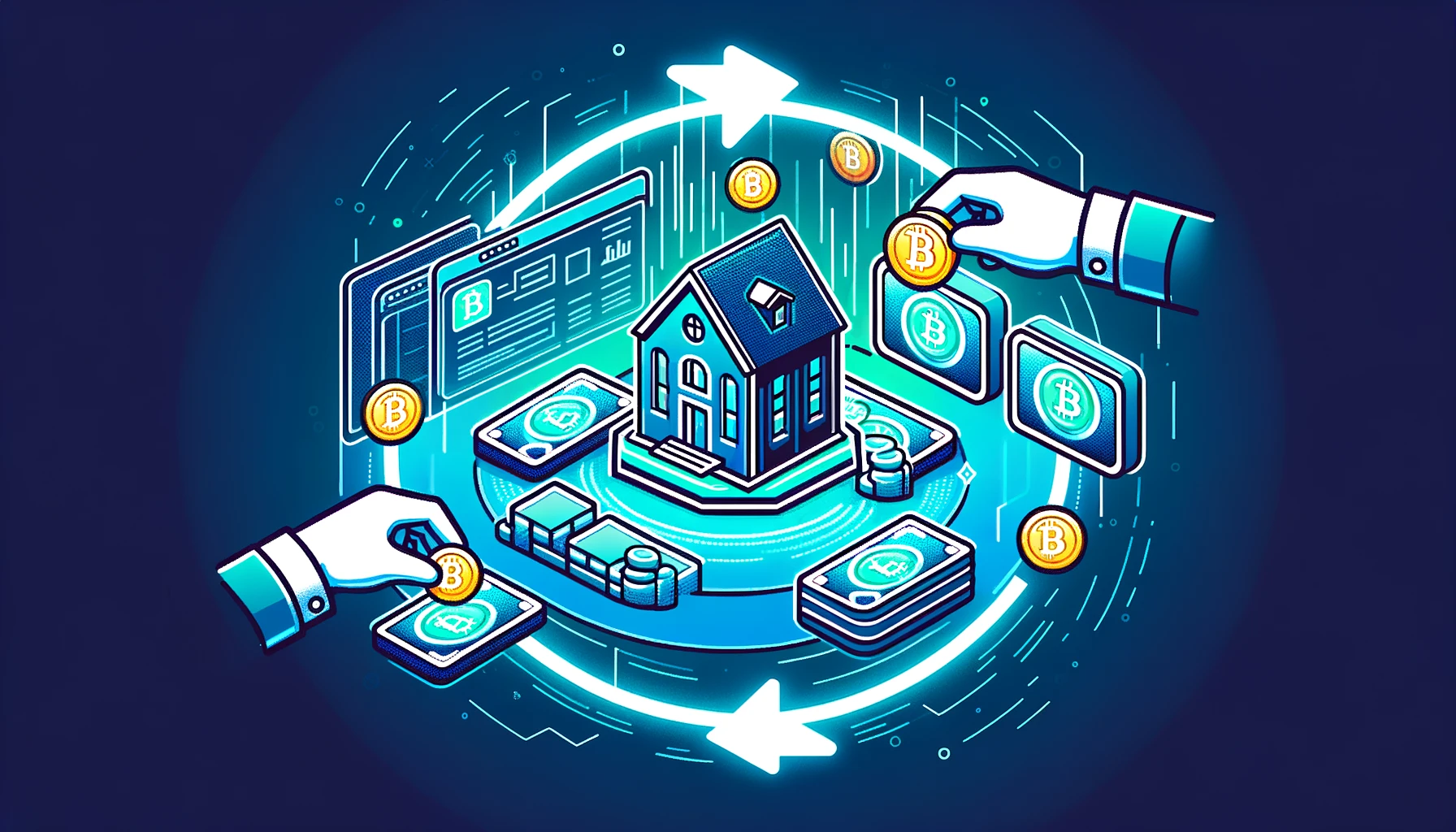
Once the property is tokenized, its tokens can be bought and sold on secondary markets, providing liquidity and flexibility not typically associated with real estate investments. This stage involves the creation of platforms or marketplaces where these tokens can be traded securely among investors. Blockchain technology ensures that transactions are transparent, immutable, and secure, with smart contracts automating the execution of trades and ensuring compliance with regulatory requirements. This step opens up global investment opportunities, allowing investors from various jurisdictions to participate.
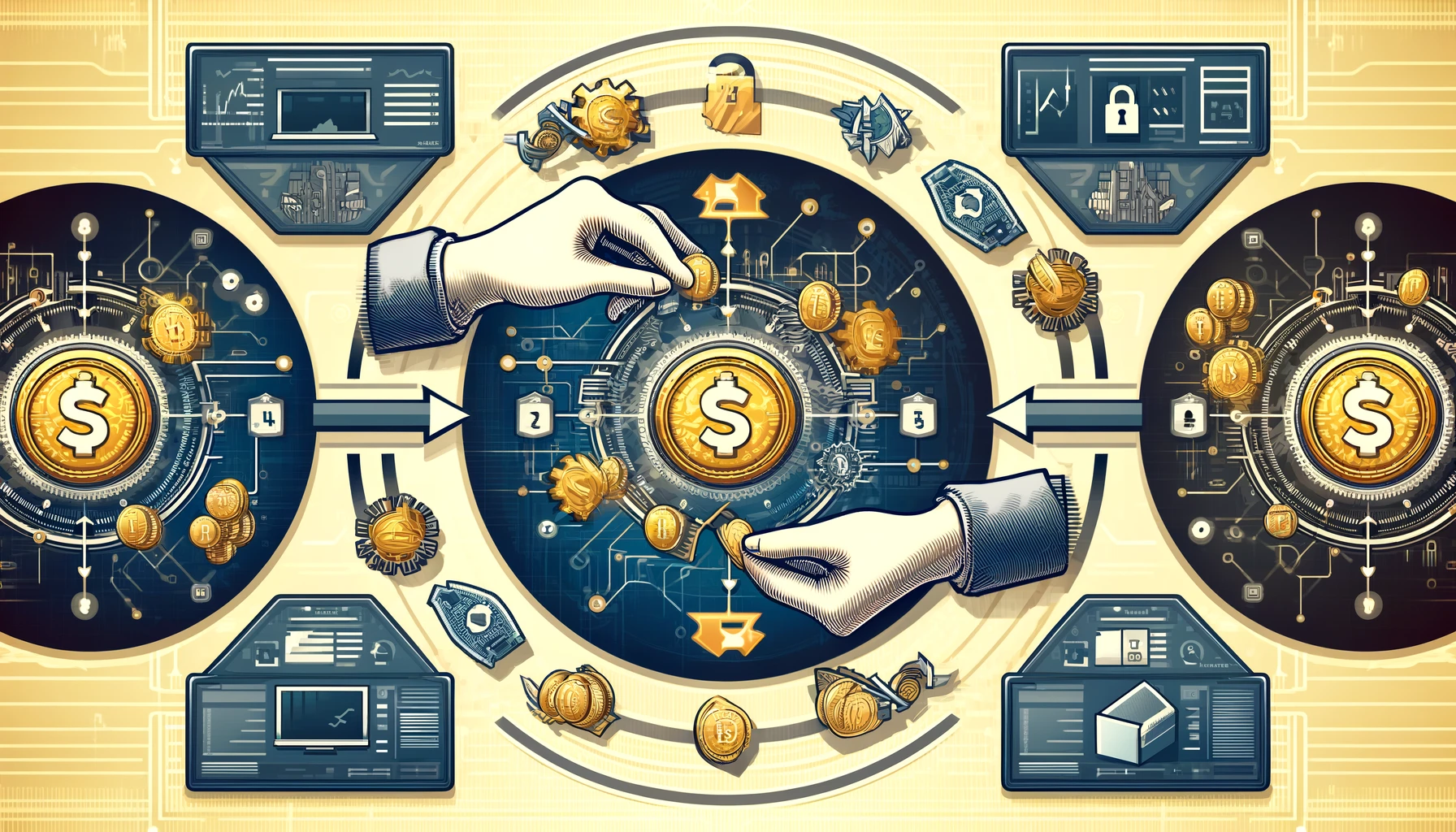
The final step involves the distribution of income generated from the property, such as rental income or proceeds from its sale, to token holders. This is proportional to the number of tokens each investor holds, allowing investors to earn a return on their investment. Blockchain technology simplifies the distribution process through smart contracts, which automatically execute payments based on predefined rules and conditions. This ensures a transparent, efficient, and equitable distribution of income, directly connecting property performance with investor returns.
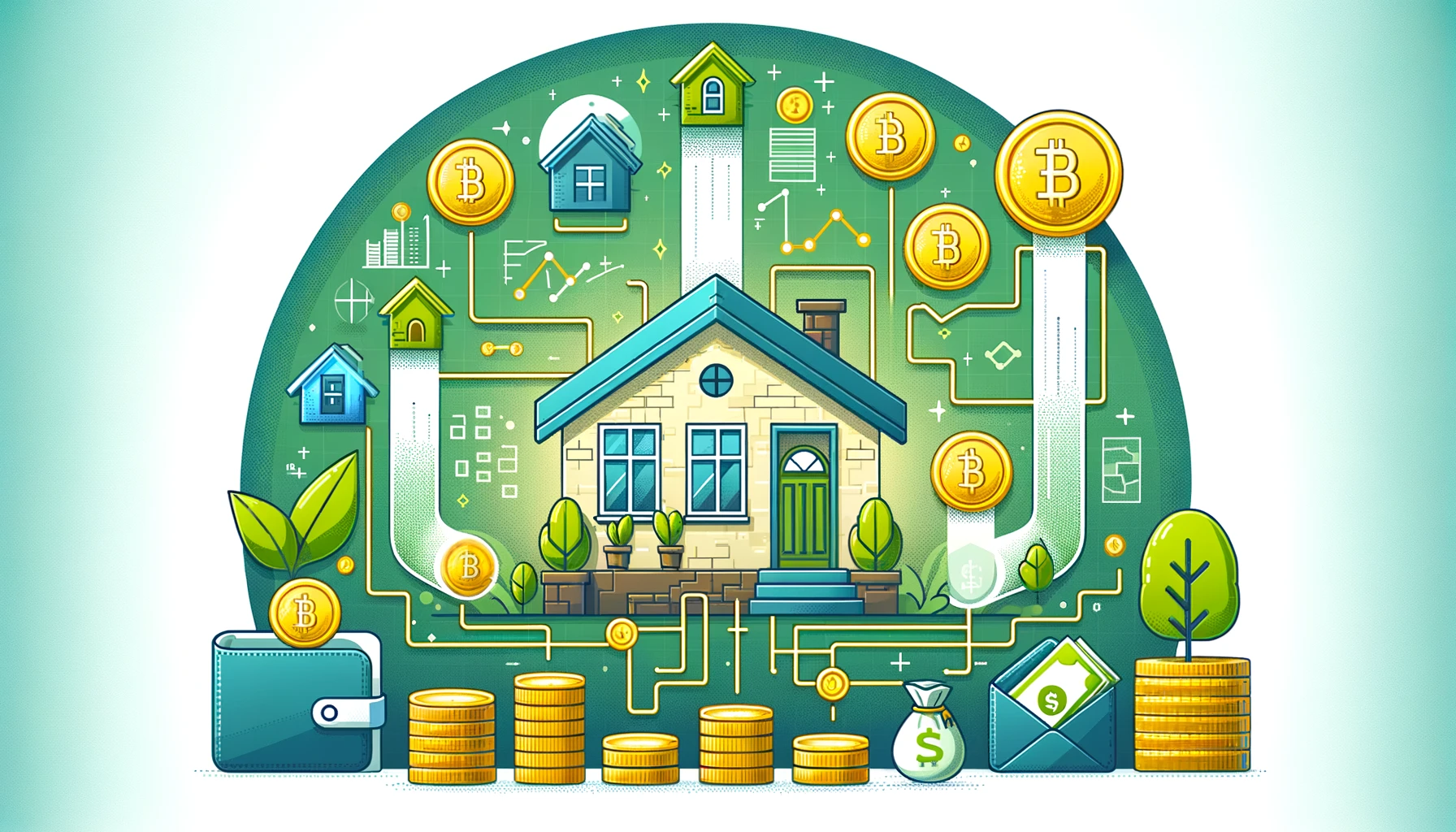

We're Lightrains
We pride ourselves on expertly developing world-class real estate tokenization projects for a global clientele. With specialized consultations, we deliver solutions to meet the diverse needs of our clients
Asset Tokenization Standards by ERC-3643 aka T-REX
Offering a suite of Solidity smart contracts designed to enable the issuance, management, and trading of digital securities in compliance with regulatory frameworks such as SEC regulations in the US.
Represents fungible assets and is widely adopted for tokenizing assets such as cryptocurrencies, utility tokens, and tokenized versions of real-world assets.
ERC-20 is a technical standard used for smart contracts on the Ethereum blockchain for implementing tokens. It defines a common list of rules that Ethereum tokens must adhere to, including how tokens are transferred and how users can access data about a token.
Used for creating unique, non-interchangeable tokens representing ownership of digital or physical assets like art, collectibles, and virtual real estate.
ERC-721 is a more advanced standard compared to ERC-20, designed to create non-fungible tokens (NFTs) on the Ethereum blockchain. It allows for the representation of unique digital assets and collectibles, with each token having a distinct value and properties.
Combines features of ERC-20 and ERC-721, suitable for managing multiple token types within the same smart contract.
ERC-1155 is a token standard that enables the creation of both fungible (like ERC-20) and non-fungible tokens (like ERC-721) within the same smart contract. It is highly efficient for managing multiple token types and allows for the batch transfer of tokens to save on transaction costs.
A security token standard developed by Polymath for issuing and managing regulated financial assets.
ST-20 is a token standard based on the Ethereum blockchain, designed for security tokens. It incorporates regulatory compliance into the token issuance process, ensuring that tokens can represent shares in real-world assets and comply with legal requirements.
Designed for tokenizing real-world assets using the 0xcert Framework, focusing on creating reusable, interchangeable tokens compliant with ERC-20.
R-Token (Regulatory Token) is a standard for creating compliant tokens on the blockchain. It integrates legal and regulatory requirements into the token, enabling decentralized compliance procedures for security tokens or other regulated assets.
Specifically developed for tokenizing and trading digital securities compliant with regulatory frameworks.
T-REX (Token for Regulated EXchanges) is a framework and standard for issuing and managing security tokens on the blockchain. It focuses on compliance with regulations, ensuring that security tokens can be issued, transferred, and managed while adhering to legal and regulatory standards.